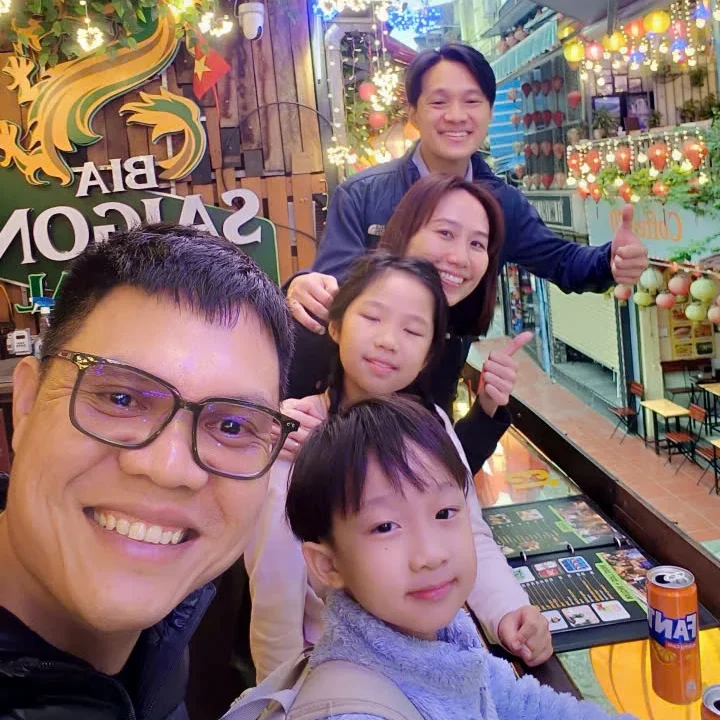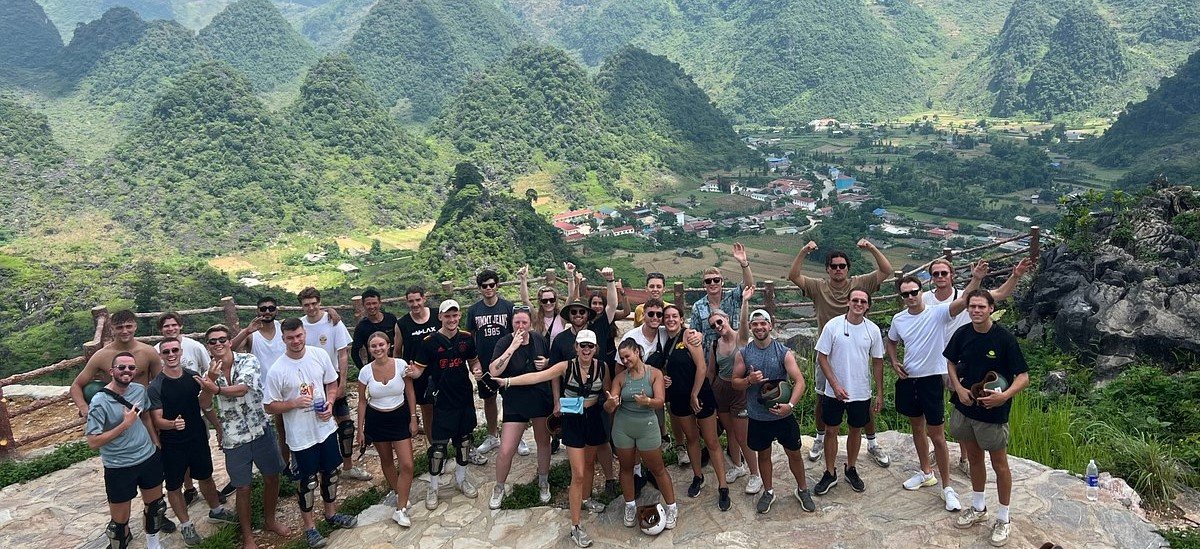Vietnamese Family Values & Traditions: The Heart of Vietnamese Culture
Family has always been the cornerstone of Vietnamese society, embodying a rich tapestry of values and traditions that have been passed down through generations. These values reflect Vietnam’s historical influences, communal spirit, and deep respect for cultural heritage. Vietnamese family values and traditions are essential not just in shaping individual identities but also in preserving the country’s cultural legacy.
1. Historical Roots of Vietnamese Family Values
Vietnamese family values are deeply rooted in Confucianism, which has greatly influenced the country’s social and familial structures for centuries. Confucian principles emphasize hierarchical relationships, moral integrity, and communal harmony. Within the family, each member plays a defined role based on age and gender, fostering order and unity.
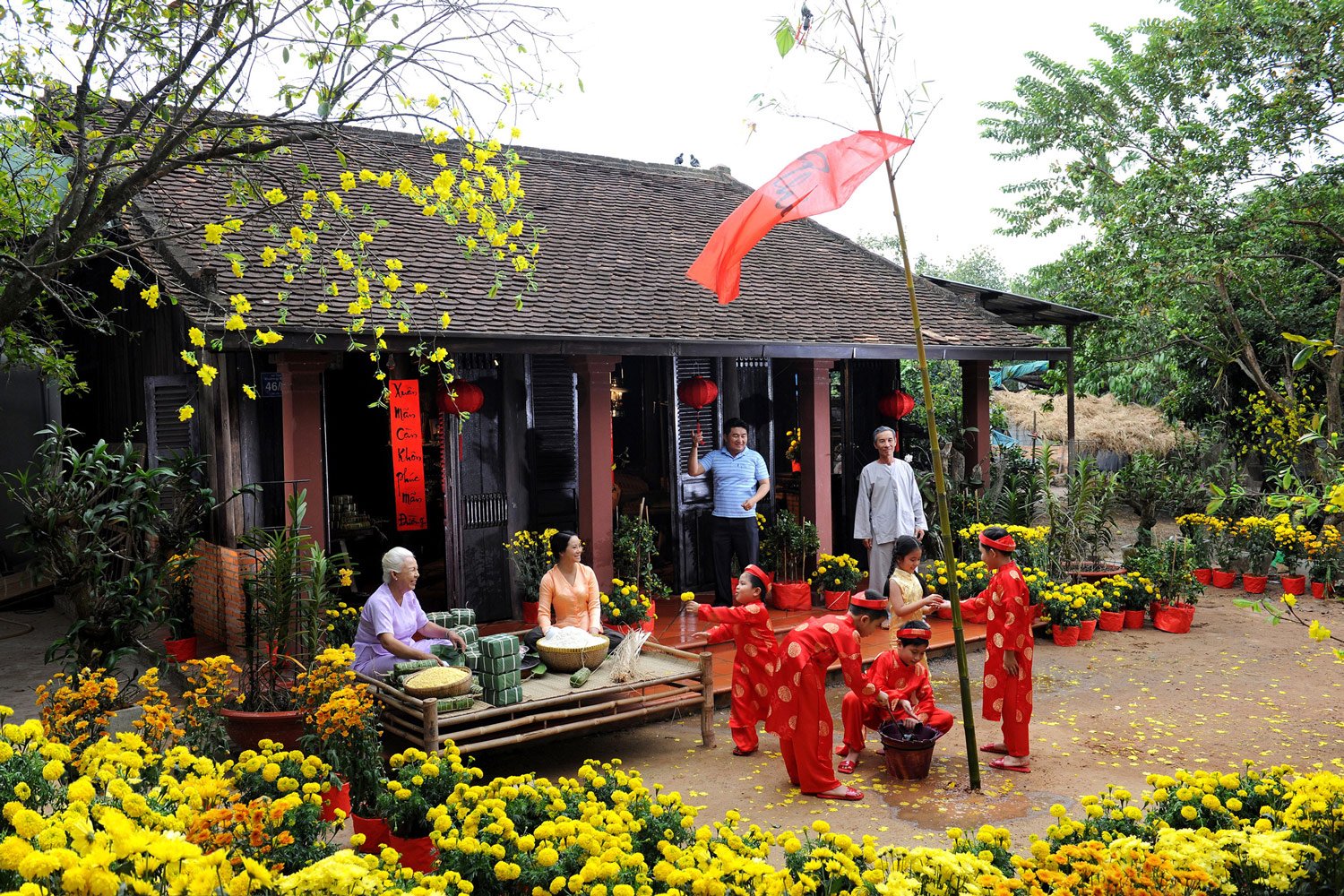
Traditionally, Vietnamese families were patriarchal. The father was regarded as the head of the household, responsible for providing for the family and making decisions. The mother, on the other hand, was seen as the nurturer, ensuring the well-being of children and maintaining household harmony. These roles reinforced the concept of filial piety, or “Hiếu,” which remains a central value in Vietnamese culture.
Explore: Unveiling Vietnamese Culture: Traditions, Etiquette & Festivals for Travelers
2. Core Vietnamese Family Values
Respect for Elders
Respect for elders is not just a value but a deeply ingrained way of life in Vietnam. This respect is demonstrated through everyday actions, such as addressing elders with formal language, serving them first during meals, and seeking their advice on important matters. Elders are viewed as the family’s guiding figures, embodying wisdom and experience.
Filial Piety
Filial piety, or the duty to honor and care for one’s parents and ancestors, is one of the most cherished Vietnamese family values. Children are taught from a young age to obey and support their parents, even after they grow up. This value extends to ancestor worship, which serves as a way of expressing gratitude to past generations.
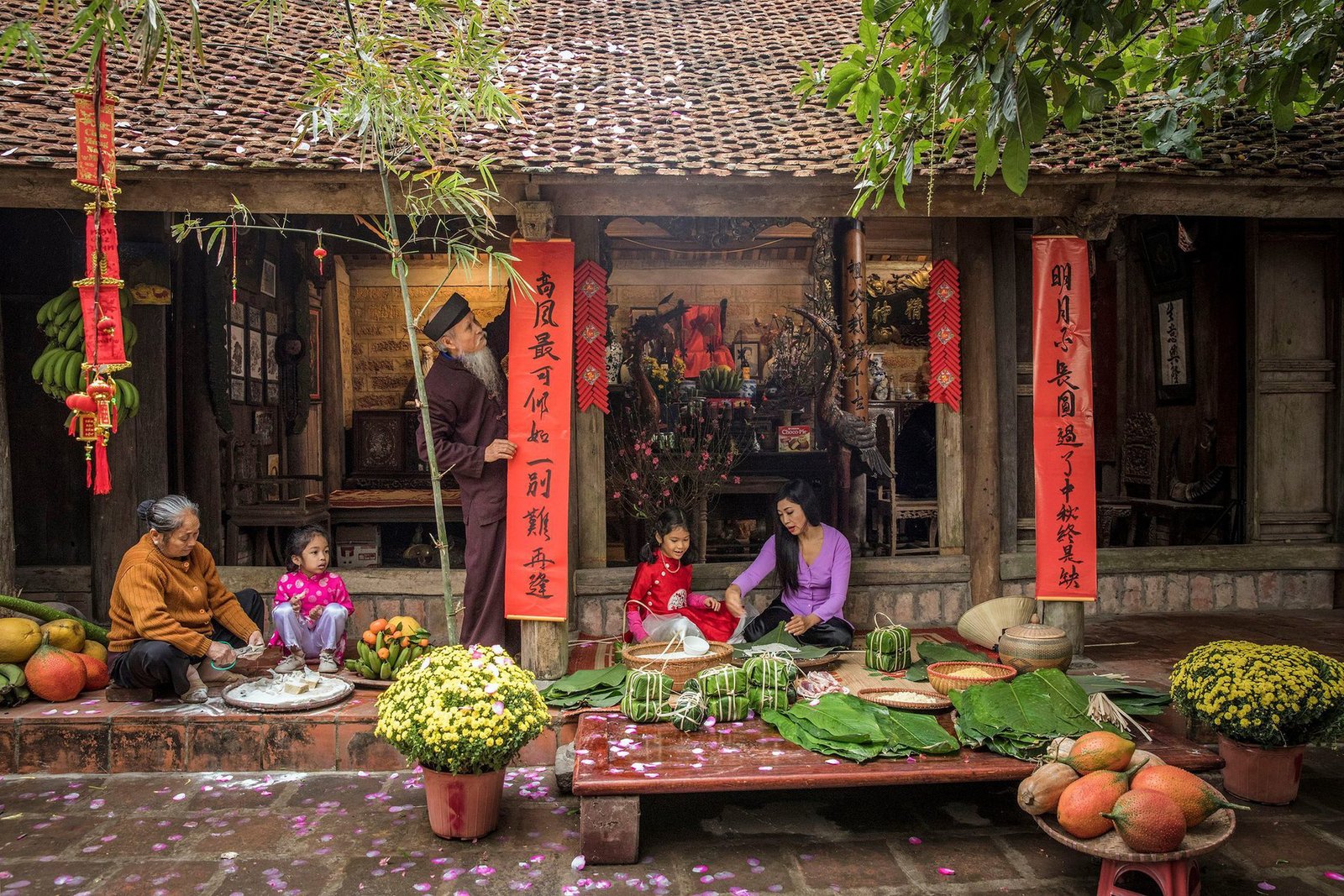

Collectivism
Vietnamese society places great importance on collectivism, where family unity takes precedence over individual pursuits. Decisions, whether big or small, are often made collectively, considering the well-being of the entire family. This value fosters strong emotional and financial support systems within the family unit.
Harmony and Avoiding Conflict
In Vietnamese families, maintaining harmony is of utmost importance. Disputes and conflicts are generally resolved quietly to preserve peace. This value reflects the belief that a harmonious family is essential for happiness and stability.
🇻🇳 Be enchanted by the magical world of Vietnamese Water Puppetry.
3. Vietnamese Family Traditions
Ancestor Worship
Ancestor worship is one of the most significant traditions in Vietnamese families. It involves maintaining an altar at home dedicated to ancestors, complete with photos, incense, and offerings such as food and drinks. Moreover, families regularly pay their respects by lighting incense and praying, especially during special occasions like Tet Holiday (Lunar New Year) or death anniversaries. This tradition reflects the deep-rooted Vietnamese family values of respect for elders and reverence for ancestors.


This tradition symbolizes the strong connection between the living and the deceased, as well as a sense of continuity within the family line. It’s a way of acknowledging the sacrifices of previous generations and seeking their blessings for the future.
🇻🇳 Uncover the historical and cultural significance of Vietnamese Temples!
Tet – The Lunar New Year
Tet, or the Lunar New Year, is the most celebrated holiday in Vietnam, and it revolves around family. During Tet, families reunite, clean their homes to welcome good fortune, and prepare special dishes. One of the most cherished traditions during Tet is offering prayers to ancestors, symbolizing gratitude and hope for a prosperous year ahead.


Family Meals
Sharing meals is a fundamental tradition in Vietnamese families. In fact, these communal gatherings are seen as a cornerstone of Vietnamese family values. Meals are a time to connect, share stories, and reinforce family bonds. Vietnamese dishes are typically served family-style, encouraging a sense of togetherness. Moreover, the dinner table becomes a space where family members support and listen to one another.
Weddings and Marriages
In Vietnam, weddings are not just unions between two individuals but between two families. Traditional Vietnamese weddings are elaborate and involve several rituals, such as tea ceremonies and ancestor offerings. Families play a significant role in matchmaking, dowry discussions, and organizing ceremonies, emphasizing the collective aspect of Vietnamese cultural traditions guide for firstly visiting.
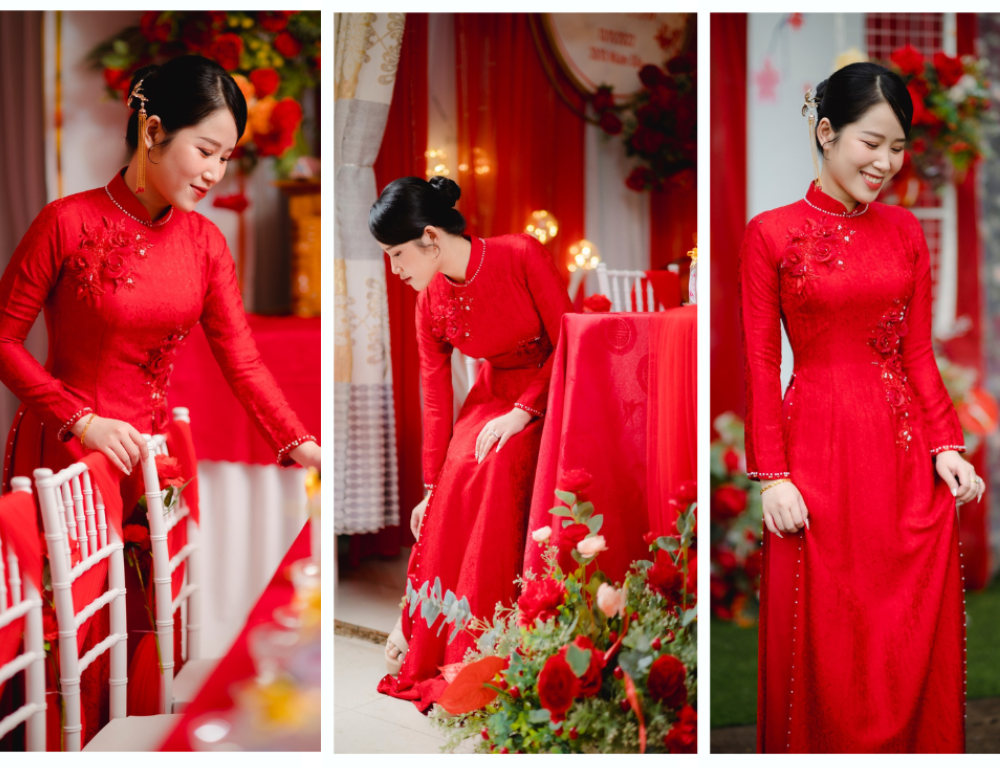

Death Rituals
Vietnamese families uphold detailed rituals to honor loved ones who have passed away. These include funeral ceremonies, commemorative events on the 49th day and the 100th day, and annual death anniversaries. Such practices reflect a deep sense of respect and the belief in maintaining a spiritual connection with the deceased.
📸 Immerse yourself in Vietnam’s captivating culture. From ancient temples to vibrant festivals, there’s something for everyone. | Contact us via WhatsApp or follow Sun Getaways Travel Fanpage for personalized trip planning. Or follow these posts to explore the cultural wonders of Vietnam:
4. Modern Influences on Vietnamese Family Culture
With globalization and urbanization, traditional Vietnamese family structures are undergoing changes. Younger generations are exposed to diverse cultures and modern lifestyles, leading to shifts in family dynamics. Nevertheless, these changes often coexist with a deep-rooted respect for Vietnamese family values, such as honoring ancestors and prioritizing family harmony.


Despite these changes, many families strive to maintain a balance between tradition and modernity. Practices like ancestor worship and Tet celebrations continue to thrive, while modern communication tools enable families to stay connected even when physically apart.
🇻🇳 Experience the vibrant atmosphere of Vietnamese festivals!
5. The Role of Family in Social Life
In Vietnam, the family extends beyond the immediate household. Extended families play an active role in each other’s lives, offering support during important milestones like weddings, births, and funerals. This interconnectedness creates a strong sense of community, where family networks often act as a safety net during challenging times.
6. Preserving Vietnamese Family Values Today
Preserving Vietnamese family values in a rapidly changing world requires conscious effort. Parents often instill cultural knowledge in their children through storytelling, rituals, and family activities. Schools and community organizations also play a role in promoting cultural education.
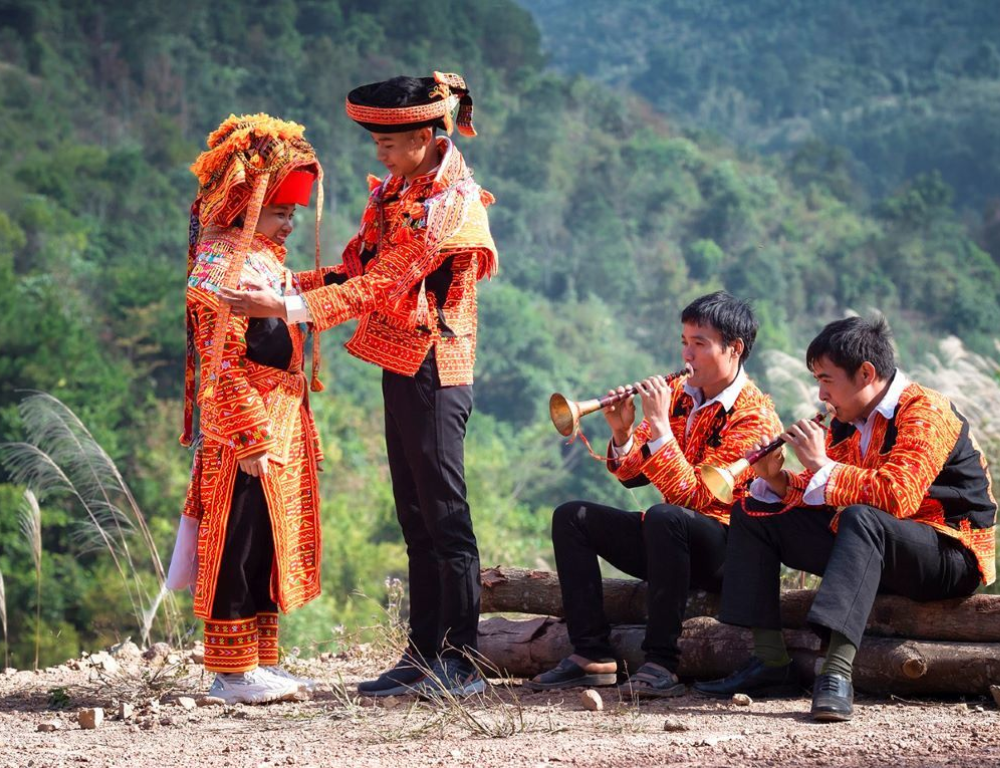

Young Vietnamese individuals are increasingly taking pride in their heritage, participating in traditional ceremonies, and sharing these values with peers. Efforts like these ensure that Vietnamese family traditions remain relevant and vibrant for future generations.
🇻🇳 Admire the colorful and intricate designs of Vietnamese Clothing!
7. FAQs
1. What are the key Vietnamese family values?
The key values include respect for elders, filial piety, collectivism, and maintaining harmony within the family.
2. Why is ancestor worship significant in Vietnamese culture?
Ancestor worship connects the living with past generations, expressing gratitude and maintaining a sense of continuity within the family.
3. How do Vietnamese families celebrate Tet?
Vietnamese families celebrate Tet by cleaning their homes, preparing traditional foods, reuniting with loved ones, and honoring ancestors.
4. What challenges do modern Vietnamese families face in preserving traditions?
Challenges include globalization, urbanization, and the influence of Western lifestyles, which may lead to shifts in traditional practices.
5. How is respect for elders practiced in Vietnamese families?
Respect for elders is demonstrated through formal greetings, seeking their advice, and prioritizing their needs in daily life and family rituals.
In conclusion, Vietnamese family values and traditions are the backbone of Vietnam’s cultural identity. They embody respect, harmony, and unity, weaving a sense of belonging and purpose among family members. As Vietnam continues to modernize, these values remain a guiding light, reminding people of their roots and the enduring importance of family.
Experience Vietnam like never before with Sun Getaways Travel. Our all-inclusive trips cover every detail, from accommodations and transportation to unforgettable experiences, depending on your interests (Our Customized Private Tour for each customer to Vietnam 🇻🇳). Ready to embark on your next adventure?
Ask a question
Leave a Comment (0)
No questions yet. Be the first to ask a question!

